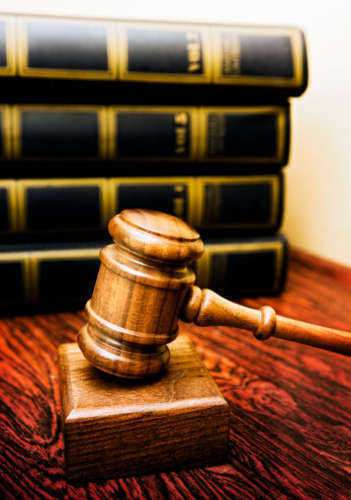Know The Digital Millennium Copyright Act of 1998 Criticisms
The Digital Millennium Copyright Act has its intentions ultimately rooted in justice and the aversion of criminal activity, such as copyright infringement and piracy. Since its implementation in 1998, the Digital Millennium Copyright Act has undergone much scrutiny and criticism. The debate itself has become quite a political issue, almost rivaling topics such as gun control and gay marriage in terms of heated arguments and an equally comparable stalemate of the issue.
This particular copyright law seems to be opposed mostly by those in the realms of science and technology, particularly those involved with certain aspects of research and cryptology or encryption applications. Other factions opposing this Copyright Act legislation are certain types of software companies, and ironically enough, some musicians and other kinds of performing artists.
The Digital Millennium Copyright Act has had a profound impact on the level at which certain types of scientists and researchers can actually apply their skills and publish their findings. The area that is most affected is that of cryptography, which is limited by the copyright law provision regarding circumvention of technological implementations.

Cryptography, in its very nature, requires the circumvention of such copyright protection technology for the purpose of further understanding and analyzing any possible fallacy that may occur in particular computer program or software.
An excellent example of this very situation is when cryptography researcher Niels Ferguson undertook the task of working with Intel software and will not make his findings public or release them for fear that he may be prosecuted under criminal and copyright laws. It has been stated that Ferguson found certain fallacies or vulnerabilities with the particular Intel system he was researching at the security levels it implemented.
Even though the Digital Millennium Copyright Act allows for the legal exemption for encryption research and security testing for the circumventing of copyright security measures, the fear that the company may sue and prosecute is quite validated. In recent times, the controversy of copyright owners, be it individually or at the corporate level, have been cited as being overzealous in their attempts to limit the access to copyrighted material without expressed compensation of some sort.
More and more websites and service providers have been either restricting much of their copyrighted content--even if legally accessed--or simply removing it altogether. Though many times this situation occurs, the copyright owner or the webmaster are fully aware of the extent of copyright law and the copyright owner's requests may be unwarranted. However, the possible consequence of a copyright law infringement suit seem to be of a worse nature and many websites and/or service providers take the material down without argument rather than risk being brought to trial.
This has led to another controversial issue regarding the Digital Millennium Copyright Act and its provision regarding take down notices. The arguments stem from the copyright law giving too much authority to copyright owners and facilitating the process for take down or restriction of copyrighted material or works to an unfair extent.
Other arguments point out that the copyright law restricts the concept of fair use far beyond acceptable, it facilitates the imposition of monopolies over certain types of products, such as printer companies not allowing third party companies to make printer ink cartridges for their models. Furthermore, the restrictions of this copyright law have impeded free expression, which is far more important as a civil right and natural liberty.
Certain musicians and performing artists stand against the Digital Millennium Copyright Act because of the fact large music corporations are restricting the use of copyrighted material and recordings to be shared openly on the internet. Furthermore, for many musicians, the open availability of their music to potential fans is crucial to their plausible success.
With most of the music industry shifting its gears toward electronic sales of recordings and albums, rather than CDs, the internet has become a viable source to distribute music, as well as garner new fans. Though the plausibility of music and recordings being illegally downloaded and distributed is still prevalent, music companies that own the copyrights to an artist's or group’s music ultimately have the say in how it is made public and distributed.
Some of the use of the copyrighted material is not infringing on copyright law, but it is still being restricted by the copyright holders which, in many cases, are the music companies and not the actual musicians or artists themselves.